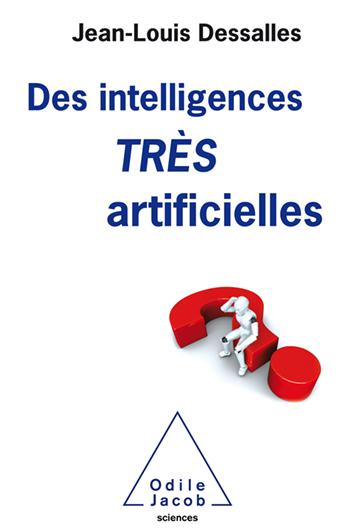Jean-louis Dessalles - Publications
[See all papers]
- [Representative Papers]
- [Talks]
See also Books:



| Between 25% and 40% of conversation time is devoted to narratives.
I developed a model of narrative relevance, based on cognitive simplicity.
Interesting topics correspond to a cognitive complexity drop. Complexity drop predicts how much a topic will appear unexpected. Emotional intensity is also an essential ingredient of interestingness that is controlled by complexity drop as well. Modelling interest in narratives led me to develop Simplicity Theory. |
![]()